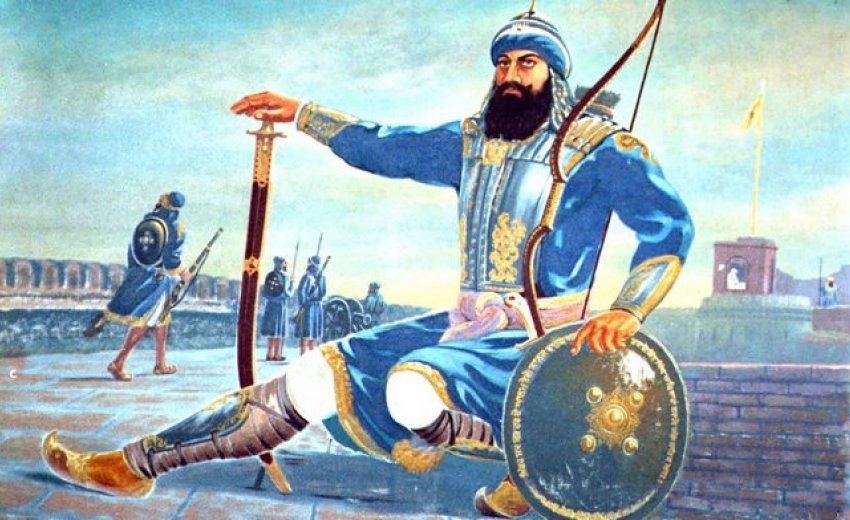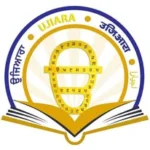Banda Singh Bahadur (1670–1716)
The Revolutionary General of the Khalsa
Banda Singh Bahadur, born Lachman Dev on 27 October 1670 in Rajouri (present-day Jammu and Kashmir), started his early life in a humble Hindu farming family. Gifted in martial arts, hunting, and archery from a young age, a traumatic hunting incident at 15 led him to renounce worldly life. He adopted the ascetic name Madho Das Bairagi and established a monastery in Nanded, Maharashtra.
In 1708, he encountered Guru Gobind Singh Ji, who transformed him into a devoted Sikh warrior. He was baptized into the Khalsa, renamed Banda Singh Bahadur, and entrusted with leading a military campaign against Mughal tyranny. The Guru gave him five arrows, a Nishan Sahib, and a Nagara, symbolizing complete spiritual and military authority.

Military Campaigns and Justice
Banda Singh Bahadur’s first major victory was the sack of Samana in 1709, followed by conquests in Sonipat, Kaithal, Sadhaura, and Kapuri—regions where Mughal oppression and injustice had taken root. He not only defeated the Mughals militarily but also introduced social reforms, including abolishing the zamindari system and giving land ownership to the tillers.
His most iconic triumph was the Battle of Chappar Chiri (1710), where he defeated Wazir Khan, the tyrannical governor of Sirhind responsible for the martyrdom of the Sahibzade (Guru Gobind Singh’s sons). Banda Singh established Sikh rule in Punjab, minted coins, and governed from Lohgarh, his capital.
Resistance and Martyrdom
Despite early successes, Banda Singh Bahadur faced fierce retaliation from the Mughals. He fought bravely at Lohgarh and later took refuge in the Chamba hills. In 1715, he was besieged and captured at Gurdas Nangal after months of heroic resistance.
In 1716, Banda Singh Bahadur and 700 Sikhs were martyred in Delhi. He was tortured and executed, but remained unshaken in his faith. His son Ajai Singh was brutally murdered in front of him, yet Banda Singh did not renounce Sikhi.
Legacy and Controversy
Banda Singh’s legacy is both heroic and debated. Some Sikh factions—Tat Khalsa and Bandai Khalsa—differed in their views, especially regarding Banda’s red robes, vegetarian practices, and slogans like “Fateh Darshan.” Despite historical debates over his orthodoxy, Banda Singh is widely remembered for his unmatched bravery and commitment to justice.
Memorial and Honour
In his honour, the Fateh Burj—India’s tallest victory tower (328 ft)—stands at Chappar Chiri, Punjab, marking the site of his legendary victory. It symbolizes his leadership, courage, and the spirit of the Khalsa.


Leave a Reply